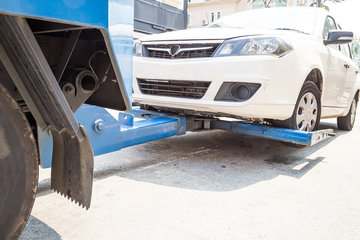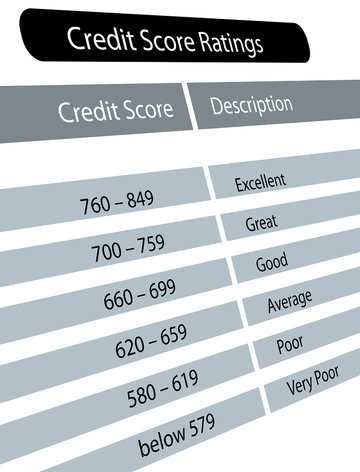What can I do if I cosigned a car loan for a vehicle that is inoperable and repossessed?

Q. What are the options for someone who cosigned on a car loan for a vehicle that is now inoperable and repossessed?
A: Dear reader,
A car repossession is one of those situations that requires fast action to mitigate the legal and financial impact. An NFCC counselor can work with you to understand the financial implications of car repossession on your budget and credit. However, you should also consider contacting an attorney to help you understand the legal implications and options for your specific situation. Please understand that this column is not intended as legal advice.
Loan cosigners have both rights and liabilities that may affect how you should respond to this situation.
A co-signer for a car loan is responsible for repaying the loan in the event the primary borrower cannot make the required payments. So if a primary borrower stops making payments on a car loan, it is likely that the lender will seek to collect the “deficiency balance” from a cosigner. The deficiency balance is the amount owed on the car plus any fees and expenses related to repossession, minus the amount the lender collects from selling the car to a new buyer. According to the terms of the loan agreement, the lender may sue to recover the deficiency balance from both the borrower and a cosigner.
One of the first suggestions is for the cosigner to get a copy of the contract and review its terms and conditions to know their rights. For example, a cosigner should receive the same written notifications as the primary borrower.
The next step is waiting for the sale to take place. Lenders should notify the primary borrower and cosigner of the sale date, time, and location. It is recommended that the borrower and cosigner keep track of all notifications and save the records, especially in case the creditor pursues a court judgement for collection of the deficiency balance.
It seems unlikely that the creditor would keep the car if it is inoperable and not worth the money to fix. Usually, creditors keep cars that are worth more than the balance owed. If car repairs are too costly, the creditor may decide not fix it and sell it below a fair market price. When a lender successfully re-sells a repossessed car, the lender should notify the borrower and cosigner of any remaining deficiency balance.
Once the deficiency is calculated, both the borrower and the cosigner are liable for repayment. The lender may attempt to collect the debt or sell it to a third-party collection agency. If the primary borrower can’t or won’t follow through with payment arrangements, one consideration might involve contacting the creditor who owns the debt and attempting to negotiate a settlement. If an agreement is made between the cosigner and the creditor, the agreement must be in writing and the cosigner needs to be ready to make a lump sum payment. Creditors usually expect settlements to be completed in very few payments. It is important to mention that any forgiven amount on a settlement of $600 or more may be considered taxable income.
If the parties are unable to reach an agreement on an affordable settlement amount or the creditor is not considering this option yet, it is still possible to explore other solutions. A good place to start is to get help with budgeting or with understanding the implications of cosigning by making an appointment to talk to a certified credit counselor. They can help! To review state-specific laws visit the State Attorney General or State Consumer Protection Agency websites. With a clear goal and the right tools, the best chance of recovering from this situation and preventing it in the future will be in sight.
Sincerely,
Bruce McClary, Vice President of Communications
Bruce McClary is the Vice President of Communications for the National Foundation for Credit Counseling® (NFCC®). Based in Washington, D.C., he provides marketing and media relations support for the NFCC and its member agencies serving all 50 states and Puerto Rico. Bruce is considered a subject matter expert and interfaces with the national media, serving as a primary representative for the organization. He has been a featured financial expert for the nation’s top news outlets, including USA Today, MSNBC, NBC News, The New York Times, the Wall Street Journal, CNN, MarketWatch, Fox Business, and hundreds of local media outlets from coast to coast.



